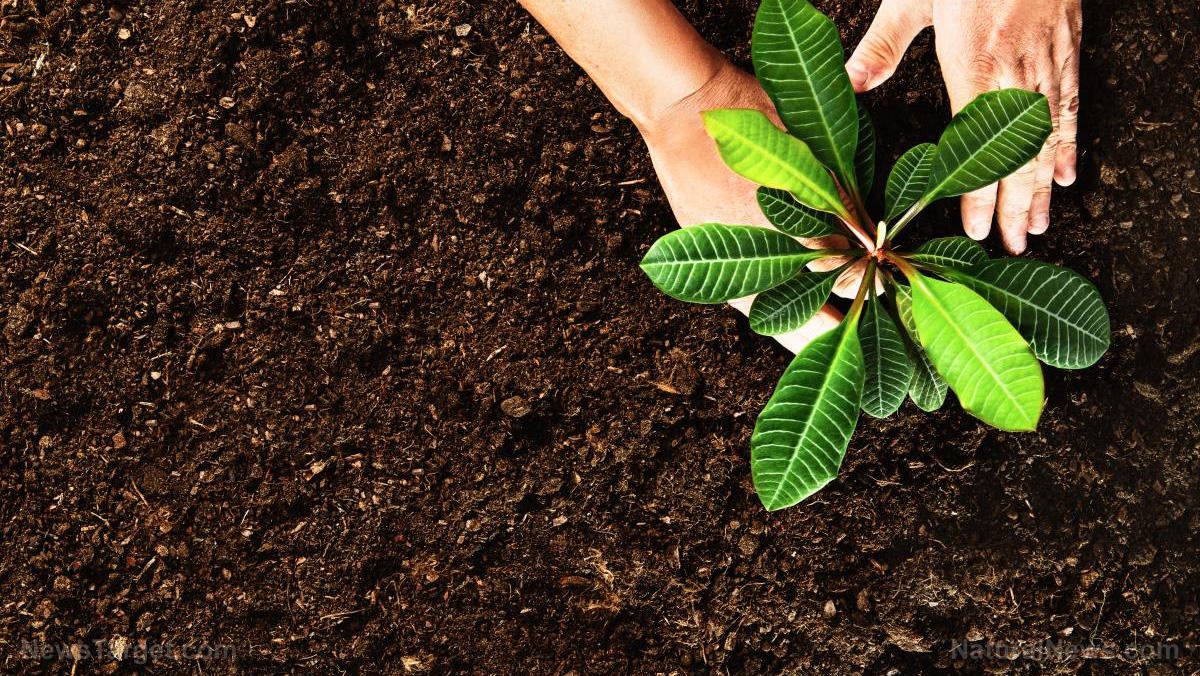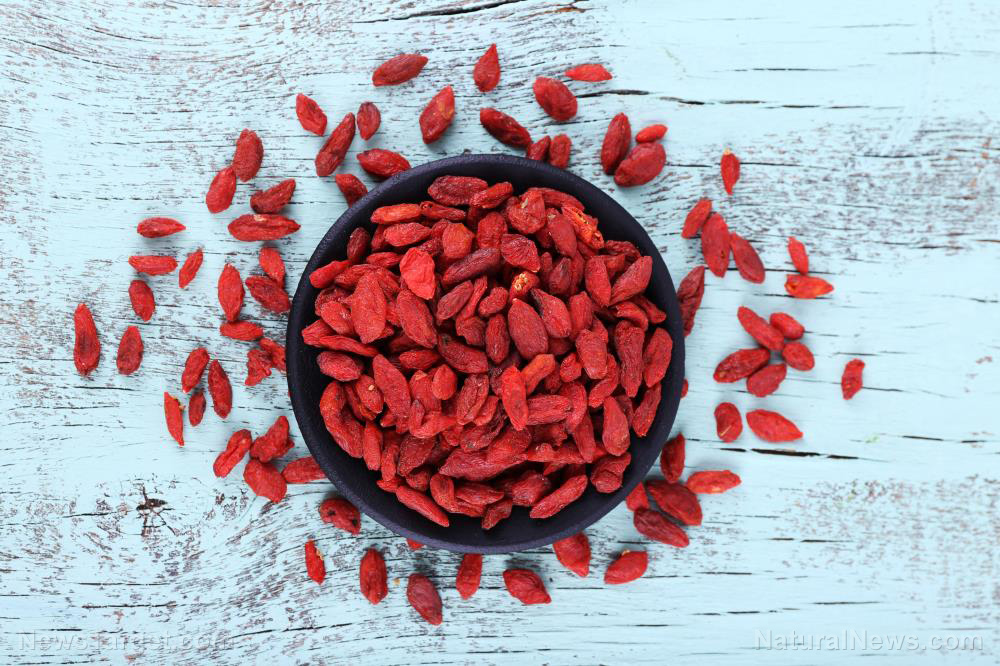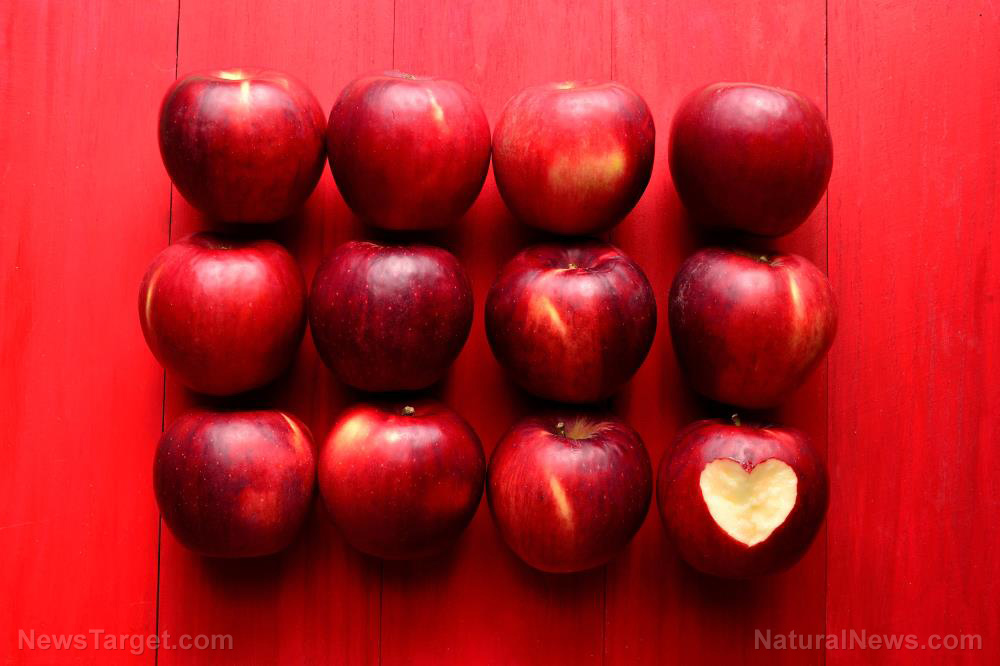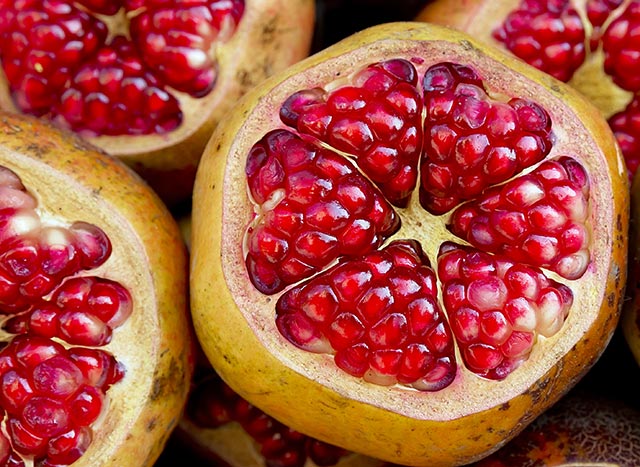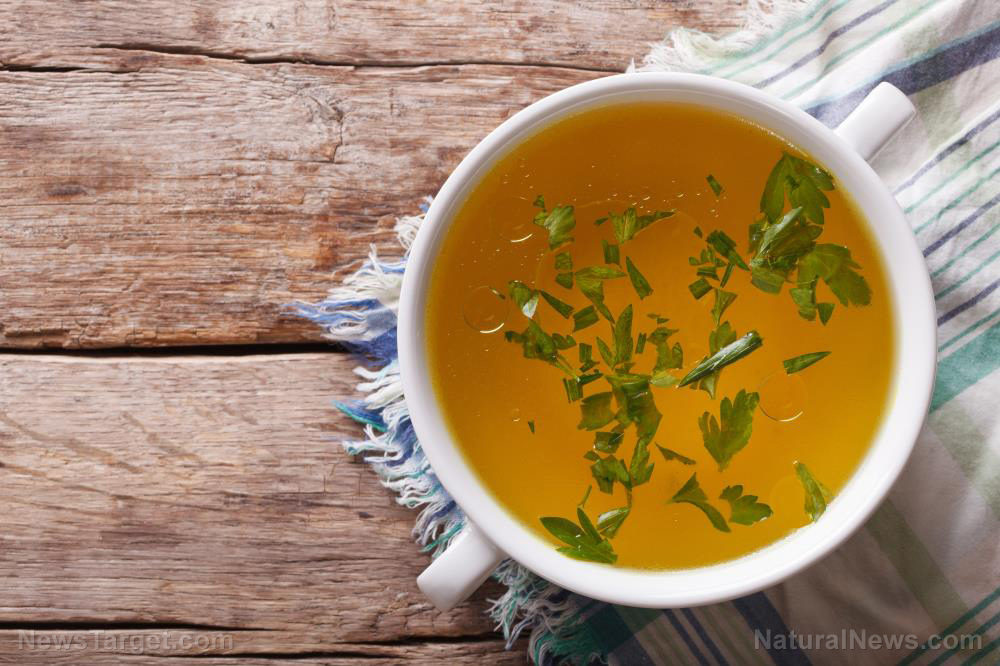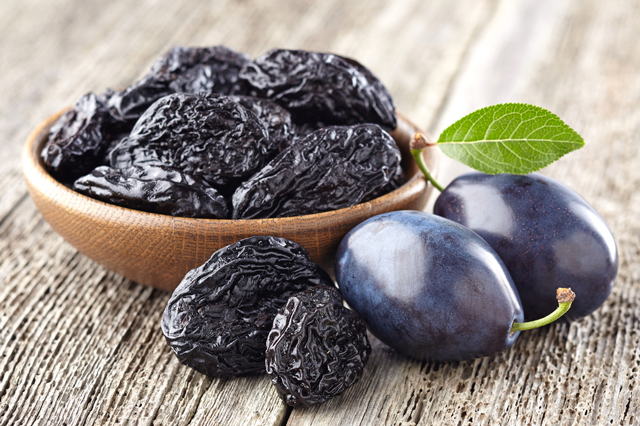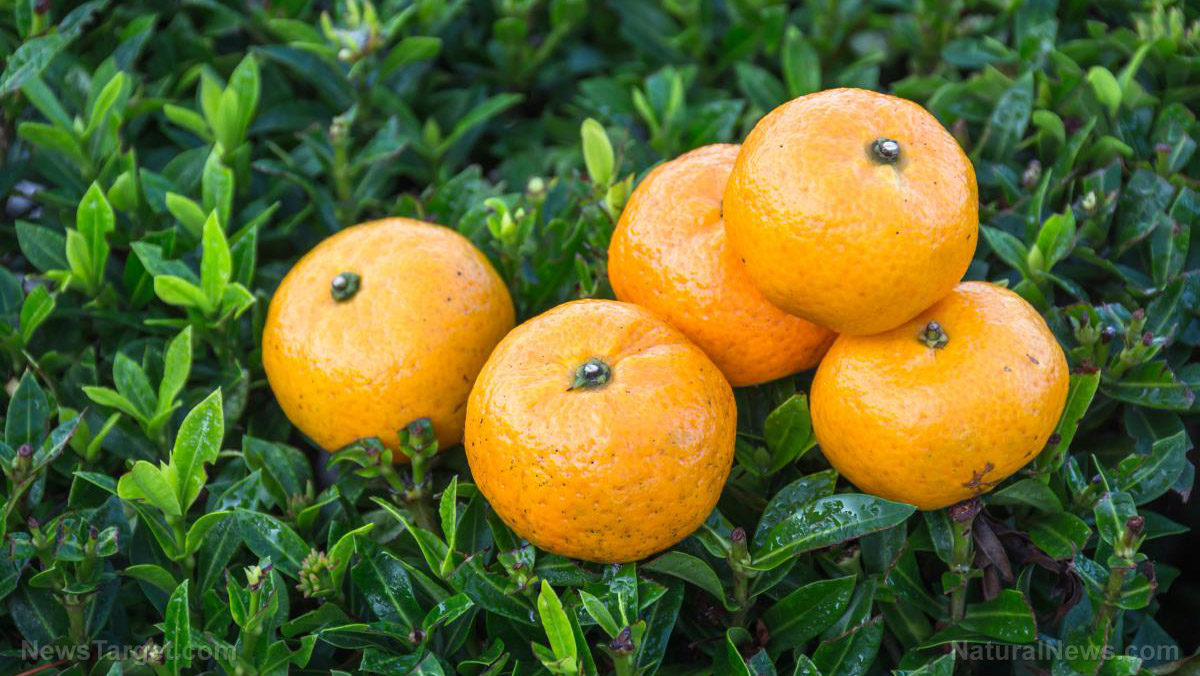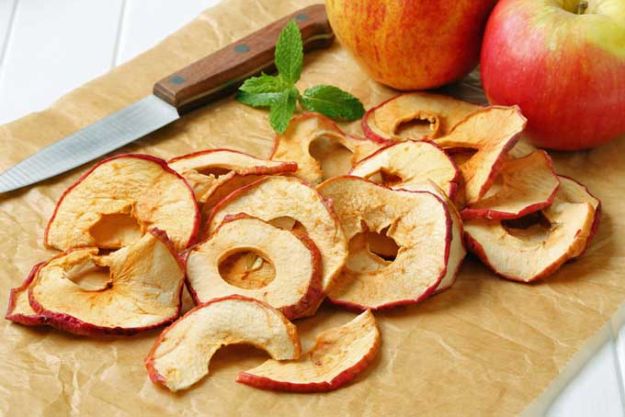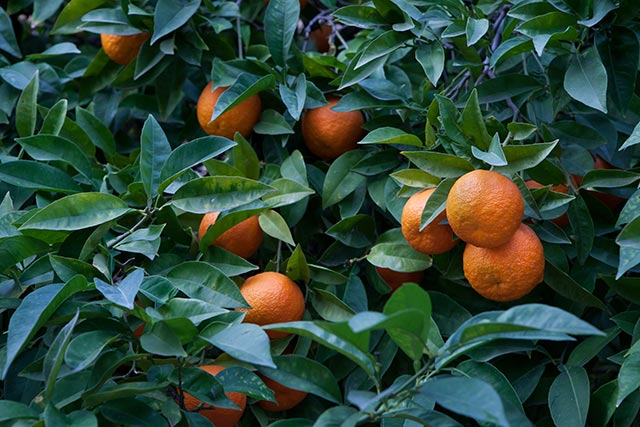Reduce food waste by refrigerating fruits and vegetables
12/20/2022 / By Zoey Sky
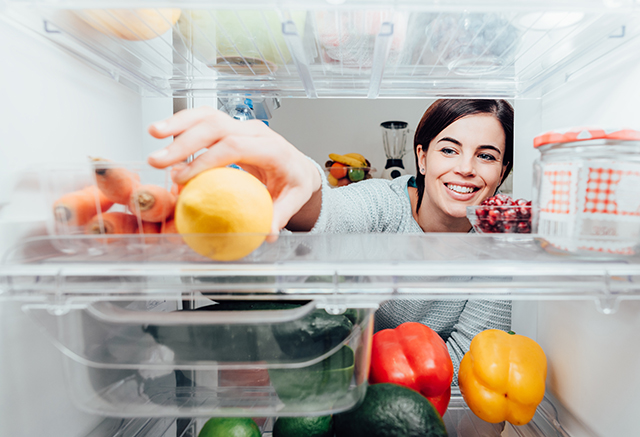
Food waste is still a huge problem in the United States. But according to a U.K. study, this can be solved by making a change to your food storage habits.
The study has found that refrigerating fruits and vegetables instead of keeping them in a fruit bowl on the kitchen counter can help extend their shelf life.
The food charity Waste and Resources Action Program (WRAP) reported that different fruits and vegetables can be eaten up to 10 weeks after their “best before” dates if they are refrigerated.
Researchers found that loose apples last longer when refrigerated at 7.2 F (4 C), almost 70 days longer compared to ambient conditions.
For the study, the organization observed the effects of storing various fruits and vegetables at ambient conditions or in the fridge. Data showed that storing cucumber and broccoli at an optimal fridge temperature of 7.2 F gave significantly more life (15 days) compared to a sub-optimal fridge temperature of 16.2 F (9 C).
Experts advised that maintaining a fridge temperature below 9 F and storing more fresh produce in the fridge can help fruits and vegetables stay fresher for longer. This also helps prevent food waste because consumers would have a much longer timeframe to consume what they purchase.
Additionally, WRAP is urging U.K. retailers to sell fresh, uncut fruit and vegetables without best-before dates or plastic packaging.
During the 18-month study, scientists experimented with five commonly wasted items:
- Apples
- Bananas
- Broccoli
- Cucumber
- Potatoes
The produce was stored both in the original packaging and loose at varying temperatures.
WRAP reported that selling these five fruits and vegetables loose and getting rid of best before dates could amount to a combined yearly saving of:
- Around 100,000 tonnes (110,231.13 tons) of household food waste
- Over 10,300 tonnes (11,353.80 tons) of plastic
- At least 130,000 tonnes (113,538.06 tons) of carbon dioxide (CO2) equivalent. (Related: How to stockpile foods with a long shelf life.)
Many supermarkets already sell some items loose, but the study presented compelling evidence for continuing the beneficial practice with many other fresh fruits and vegetables.
According to WRAP, it shared its findings and recommendations with the U.K.’s largest food retailers. However, the food charity also acknowledged that implementing them would take time.
Marcus Gover, WRAP’s chief executive, said the study findings “could be a game-changer in the fight against food waste and plastic pollution.” He added that the study helped demystify the link between food waste, plastic packaging, date labels and food storage.
Tips to prevent food waste at home
Preventing food waste isn’t just good for the environment. It can also help you save money on groceries and make the most of the food you buy.
Follow these tips to reduce food waste at home:
Store food properly
As reported in the study, refrigerate apples to make them last longer.
While tomatoes should be stored on the counter, most fruits and vegetables should be refrigerated so they last longer.
Check your fridge before you buy more food
Before you run to the grocery store, check all nooks and crannies in your fridge. If you still have half a jar of pasta sauce that’s still good to eat, use it up before buying a new jar of sauce.
Plan meals weekly
Make the most of your groceries by planning meals weekly and making a list so you know exactly what to buy.
If possible, use coupons and wait for sales to save more money.
Start a home garden
Starting a home garden takes some time and effort, but it’s worth it if you want to feed your family fresh, organic fruits and vegetables.
If space is an issue or if you don’t have enough time to manage a full garden, opt for a container or window herb garden. With some practice, you can grow flavorful and nutritious herbs and microgreens for soups and salads.
Buy fruits and vegetables at farmer’s markets
If you need other things you can’t grow at home, buy them at farmer’s markets. This is a better option because fruits and vegetables from a farmer are usually fresher than those from the supermarket.
Upcycle leftovers and old produce
Save carrot tops and make pesto and use up old fruit and bread to make bread pudding.
Freeze food that’s about to go bad
Wilted vegetables can be used to make vegetable stock. If you have stale bread, store it in another bag for bread pudding or croutons.
Make compost for your garden
If you still have food waste that’s no longer edible, use it to make compost for your garden.
Check references books or view articles online to learn how to make compost for healthy, strong plants in your home garden.
Visit GreenLivingnews.com for more tips on how to reduce food waste.
Watch the video below for 10 carrot recipes to try if you have too many carrots in the fridge.
This video is from the yummy goodies! channel on Brighteon.com.
More related stories:
Reduce food waste by learning how to store fresh fruits and vegetables properly.
Culinary cheat codes: 11 Delicious ways to reduce food waste.
Waste not, want not: 10 ways to reduce food waste.
Sources include:
Submit a correction >>
Tagged Under:
food science, Food storage, food supply, food waste, Fresh, fruits, green living, homesteading, nutrients, Off Grid living, organics, sustainable living, tips, veggie, Zero Waste
This article may contain statements that reflect the opinion of the author
RECENT NEWS & ARTICLES
COPYRIGHT © 2017 FRUITS NEWS

